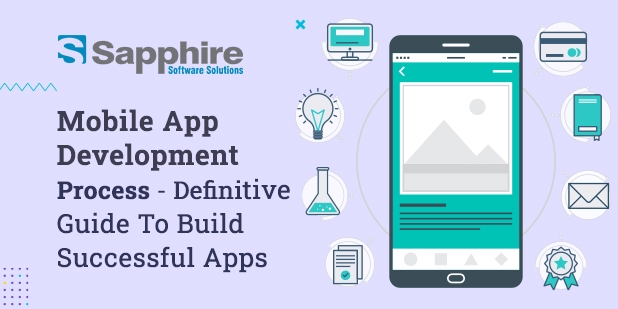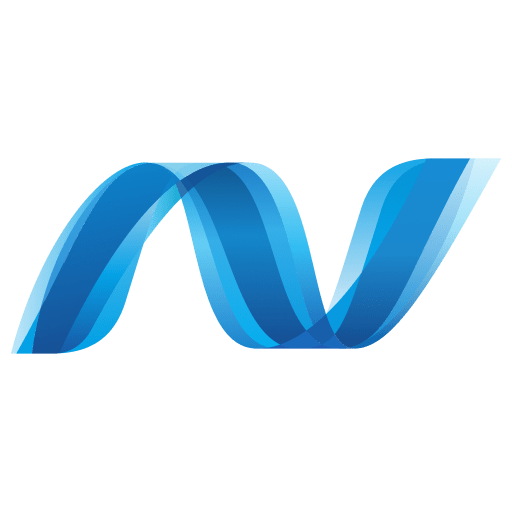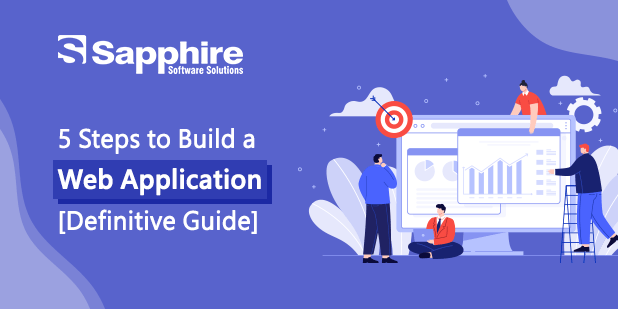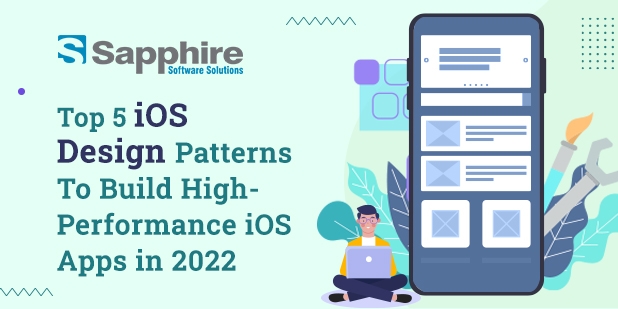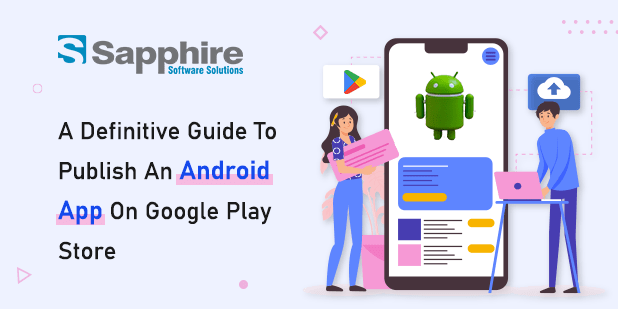As many individuals depend on mobile applications for transactions and commercial interactions, businesses will inevitably become interested in mobile app development. This is why we are here to provide a detailed guide to the mobile app development process. As a mobile app development company in India, we follow a standard procedure for developing mobile applications for our customers. A successful process of mobile app development begins with a brilliant app concept. To learn how to create an app from scratch, you must ensure that the idea is relevant enough to attract the intended audience. If you are still developing the app concept, ensure it provides a precious solution to an identified issue.
If you have already chosen your app’s central concept, it is time to evaluate it against audience requirements, market expectations, and competitors. The execution process begins only after the app concept has been thoroughly confirmed.
Consider the following items for verifying the app concept:
- What is the function of your app? Will it be necessary for your business? If so, describe how it will benefit your firm.
- Who will use the app? How will the intended users interact with the proposed app?
- What are the distinct value propositions of the proposed app development project? How are these value propositions distinct from those of other competing apps?
- Which applications will fight most directly for market share? What are the primary advantages and disadvantages of these competing applications? Does your app provide a definitive answer to the user’s issue than competing applications?
- Do you have the financial resources, human capital, and infrastructure necessary to see the app project to completion?
Prepare a project requirement document.
Preparing a comprehensive project requirements document is the essential second step in the mobile application development process. This document will ultimately guide the designers, developers, project managers, and other project stakeholders during the project’s duration. This document may determine the technology stack or design convention that must be adhered to. Whether you want to engage a Flutter developer or a React Native team, this project requirements document will serve as a guide.
What are the prerequisites for app development?
- The requirements document must have the following components.
- Please provide a detailed description of the verified app concept, its aim, target audience, competitors, and unique value propositions.
- Specify the operating system platform you want to use. This is significant because, depending on your chosen platform, your app may be for Android, iOS or a cross-platform or hybrid app. (Read – mobile app development trends)
- Next, describe the frontend and backend technologies used for the project.
- You must also include any third-party APIs and tools used for the project.
- Finally, realistically describe the project’s timeframe and needed resources.
- UI / UX Design
UI/UX design is the second most critical step in the mobile app development process. The primary objective of app design is to provide a stylish and streamlined appearance and a simple user experience. Thanks to UI/UX design, completing tasks may be interactive, intuitive, simple, and effortless.
Core development
It is time to advance to the essential and core phase of the mobile app development software process. Using the appropriate technological stacks, developers or programmers will now construct features and configure server-side aspects for quicker and more fluid responses to user inputs.
The following elements constitute the core of app development:
- Based on the project’s selected backend technologies and databases, the developers must arrange the server-side operations to provide a quicker server response time and seamless app operation.
- For server-side settings, developers may additionally need to choose trustworthy APIs from a third party.
- Developers must now construct the client-side or front of the app. These developers will use frontend technologies and cross-platform frameworks. When hiring a frontend developer, ensure they thoroughly understand the most recent frontend development trends.
QA testing
QA testing is the most crucial step in the mobile app development services in India, ensuring the final product’s quality. Numerous app projects conduct code reviews concurrently with development to control bugs and sloppy coding. This is an excellent method for preventing app problems.
Look at the primary QA testing procedures used in most mobile app development projects globally.
- Documentation testing is performed at the start of a project as a preparatory step to verify all the important aspects and features you want to include. This testing is used to identify glaring errors and weaknesses in the project that need prompt attention.
- Functional testing is performed to verify the app’s functionality and reaction to user interactions. It is essential to assess the app’s user experience.
- Testing business-specific functionality independently is essential, especially for applications where client interactions generate revenue. Important factors in assessing at this stage are the functionality of the transaction feature, or a shopping cart, social networking links, and promotional tools.
- Usability testing further checks how the app operates seamlessly across devices with varying screen sizes and characteristics.
- User interface (UI) testing confirms that the app’s UI design fulfills all planned design standards and criteria.
- Compatibility testing assesses the app’s compatibility with several smartphone devices with differing capabilities. Additionally, the setup for various operating systems, browsers, databases, devices, and networks is evaluated.
App launch
There is other software for app development accessible. Launching the app to the appropriate app marketplaces, such as App Store for iOS and Play Store for Android, is the last stage in the mobile app development process. Typically, the app development business or hired team of developers is also responsible for this step. It would help if you chose someone who, in addition to assisting you with the app launch, will professionally take care of the following upgrades and maintenance activities.
The following are some of the most crucial factors to consider in this context:
Introducing the app
For the app’s release in the app store, you must ensure that it has an immediately appealing app title and a simple, aesthetically engaging, and relevant app icon. It would help if you also offered a meta description that describes the app’s primary value propositions and uses search-friendly keywords. Lastly, it would help if you shared screenshots of the app that immediately convey its app.
Summing It Up
The mobile app development process described in the previous section adheres precisely to the time-tested norms and principles of the industry. As a mobile app development company, we follow a standardized process for developing apps for our clients.
FAQs
Why is mobile app development significant?
Mobile applications give consumers real-time access to the goods, information, processes, and services they need. Additionally, it allows the firm to send alerts on product or service updates or the introduction of something new. Even without an internet connection, the applications can perform basic activities.
What are the top mobile app development steps?
Abstract overview of the significant phases in designing mobile apps and considerations for each step.
1. Planning and Research
2. Prototyping
3. Design
4. Development
5. Testing
6. Release
7. Maintenance
How much time does it take to develop a mobile app?
7 to 12 months is the usual time required to produce an app, including the phases of Discovery, Design & Development, and Pre-launch. We discovered that the size of a team does not always correlate with a shorter app development schedule. Nonetheless, there is always a method to accelerate the procedure.
Is it hard to create an app?
Unavoidably, constructing an application requires technical training. Although you can build a mobile app prototype at home with some practice (check out our tutorials to see how simple it is), you will need to learn to code to produce the final result.



















